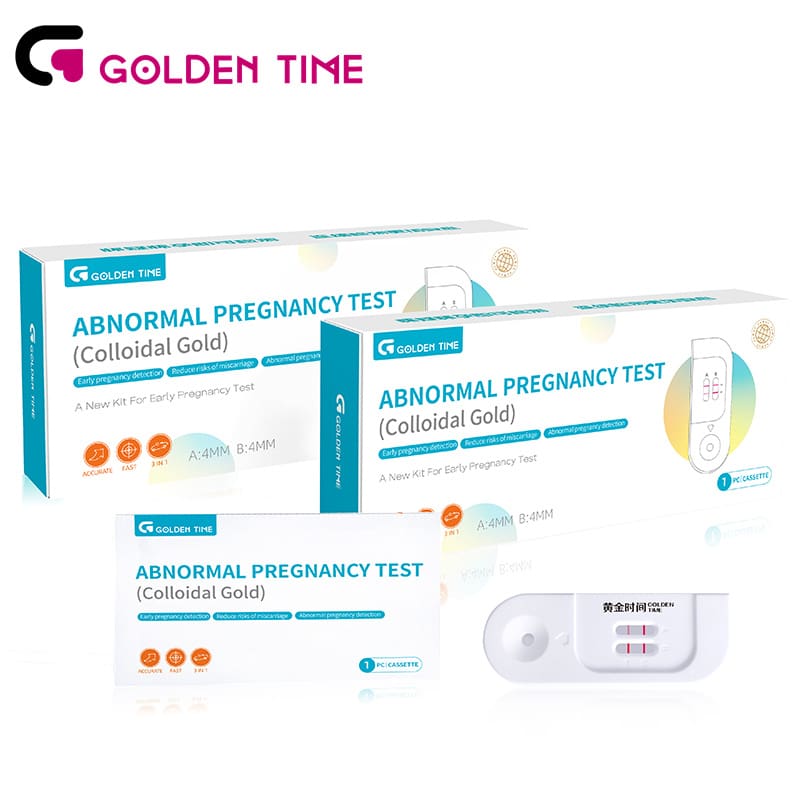Dec . 01, 2024 03:23 Back to list
At-Home Testing Solutions for H. Pylori Detection from Leading Manufacturers
The Rise of At-Home H. Pylori Testing A Look at Wholesale Manufacturers
In recent years, the healthcare landscape has shifted dramatically towards home-based medical testing. One of the notable advancements in this arena is the ability for individuals to test for Helicobacter pylori (H. pylori) at home. This article explores the trends surrounding at-home H. pylori testing, the role of wholesale manufacturers, and the implications for public health.
Understanding H. Pylori
H. pylori is a gram-negative bacterium that infects the stomach lining and is a common cause of peptic ulcers and gastritis. Though many people may harbor this bacterium without experiencing symptoms, it is associated with serious health conditions, including gastric cancer. Traditional methods of diagnosis have typically involved invasive procedures, such as endoscopy, or non-invasive tests conducted in healthcare settings. However, the advancement of at-home testing kits has revolutionized the approach to diagnosing this condition.
The At-Home Testing Landscape
At-home H. pylori testing kits offer a convenient and accessible way for individuals to understand their gastrointestinal health without the need for a doctor's visit. These tests typically work by analyzing a sample of stool or breath, which can detect the presence of the bacterium. The allure of these kits lies in their simplicity, speed, and privacy. Results can often be obtained within a short period, allowing individuals to take immediate action if needed.
Role of Wholesale Manufacturers
Wholesale manufacturers play a critical role in the accessibility and distribution of at-home H. pylori tests. These companies not only produce the testing kits but also ensure they meet regulatory standards and are distributed widely. As demand for home testing continues to grow, manufacturers are focusing on various aspects of production, including accuracy, user-friendliness, and cost-effectiveness.
wholesale h pylori at home test manufacturer

Manufacturers often collaborate with healthcare professionals to develop tests that are easy to interpret. They invest in research and development to create kits that can reliably detect H. pylori while minimizing false results. Additionally, as the market becomes more competitive, companies strive to keep prices affordable, making these essential health tools accessible to a broader audience.
Wholesalers are responsible for logistics, ensuring that these tests reach pharmacies, online retailers, and healthcare providers efficiently. The rise of e-commerce has further accelerated this process, with many consumers preferring to purchase testing kits online for home delivery. This shift not only facilitates easier access to testing but also aligns with a growing preference for self-care in health management.
Implications for Public Health
The introduction of at-home H. pylori testing has significant implications for public health. By making it easier to diagnose infections early, these tests can facilitate timely treatment, potentially reducing the risk of complications associated with untreated H. pylori. Moreover, widespread availability of testing kits may encourage people who might otherwise ignore gastrointestinal symptoms to seek answers.
Education plays a vital role in this process. As more individuals turn to at-home tests, manufacturers and stakeholders must provide clear instructions and information about what to do if results are positive. This guidance is essential to ensure that people do not self-diagnose or attempt to treat conditions without professional advice.
Furthermore, the availability of at-home testing could contribute to a more significant cultural shift towards preventive healthcare. With early detection of H. pylori and other diseases, individuals may become more proactive about their health, leading to a decrease in the incidence of severe gastrointestinal issues over time.
Conclusion
At-home H. pylori testing represents a significant step forward in making healthcare more accessible and patient-centered. Wholesale manufacturers are key players in this burgeoning market, facilitating the production and distribution of these essential diagnostic tools. As awareness and adoption of at-home testing continue to rise, it is crucial for manufacturers, healthcare providers, and policymakers to work together to ensure that individuals are informed, empowered, and equipped to take charge of their health. In this way, the promise of at-home testing can be fully realized, paving the way for a healthier public.
-
Rapid Canine Corona Test: Fast & Accurate Results
NewsAug.06,2025
-
Rapid BZO Test Kit - Fast & Accurate Benzodiazepines Detection
NewsAug.04,2025
-
China Nylon Flocking Swabs - AI Enhanced Quality Collectors
NewsAug.03,2025
-
Highly Accurate hCG Pregnancy Test Strips - 5 Min Results
NewsAug.02,2025
-
Premium Empty ABS Plastic Cassettes: Durable & Lightweight Storage
NewsAug.01,2025
-
Accurate Cocaine (Coc) Rapid Test Kit | Fast & Reliable Detection
NewsJul.31,2025

